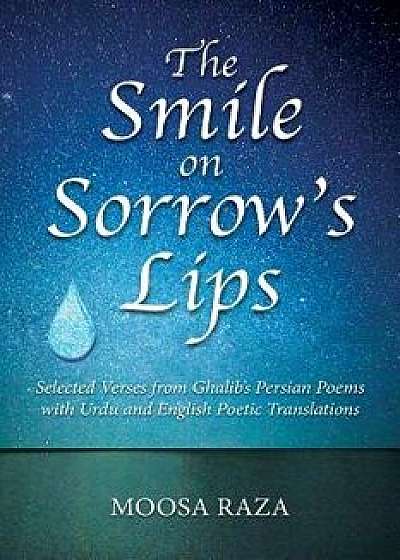
The Smile on Sorrow's Lips: Selected Verses from Ghalib's Persian Poems with Urdu and English Poetic Translations, Paperback/Moosa Raza
Descriere
Mirza Asadullah Khan Ghalib (1797-1869) better known by his nom de-plume, Ghalib, was one of the greatest Urdu and Persian poets of India. Ghalib was born at a time when the glory of the great Mughal Empire had departed from India. He grew up in an era when the British had not only defeated Muslim powers but broken the back of other contenders who were vying to step into the vacant shoes. His ancestors were Turkish mercenary warriors who had migrated to India and were conferred nobility by the ruling powers. He was brought up in a household where no one followed a settled profession. Most of his life Ghalib lived by running up high debts from money lenders. At one time he hid himself in his house for a long period to escape being arrested by his debtors. He was granted a pension of Rupees 10000 which one of his hostile relatives reduced to half. All his life he kept running hither and thither to get it restored. He never succeeded. He liked to drink French wine with his boon companions and gamble. Once he was arrested for gambling and had to suffer a three month incarceration in the British jail. He had an unhappy married life. Unlike himself, his wife was a devout practicing Muslim. He had a short lived affair with a singer that ended when the lady died young. His circumstances improved for a brief interval when he was appointed to correct the poetic compositions of Bahadur Shah, the last Mughal emperor. But the revolt of 1857 put an end to it. For two years Ghalib went about in fear of his life as the vindictive British went about hanging out of hand everyone who was in any way associated with the Mughal court. Ghalib's Persian poetry explores myriad concepts of love, passion, ecstasy, self-realization, life, death, religions and mysticism. At times irreverent, at others passionate and rapturous, Ghalib's poems manage to capture his mystic thought with boldness and clarity, often reminding one of Rumi. His questioning of organized religions, his syncretic appeal t





